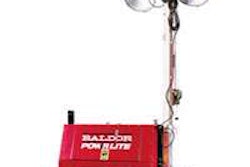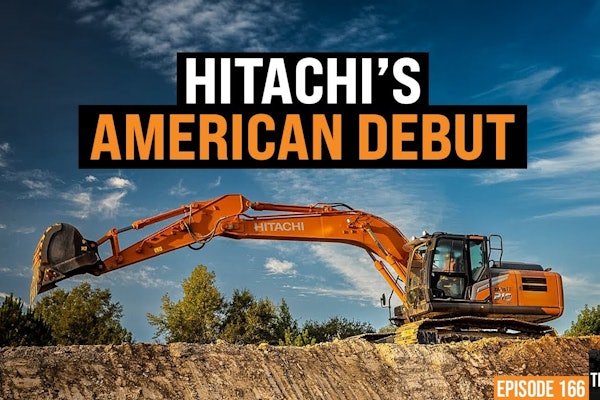The war on failure
 By Kirk Landers
By Kirk Landers
In early December, President-elect Barack Obama commanded front-page headlines by unveiling general aspects of what promises to be a massive infrastructure renewal package.
In the run up to press time for this issue, it appeared likely that such a proposal will get a fast hearing on Capitol Hill and may become law in very short order, pumping billions of dollars into the road industry this year and next.
But don’t even think about relaxing. Even if the Obama proposals sail through Congress, the battle on failing roads and bridges is nowhere near over.
Come September of this year, America’s transportation future will be decided as the new Congress determines what to do with the expiring federal transportation bill, the Safe, Accountable, Flexible, Efficient Transportation Equity Act: A Legacy for Users (SAFETEA-LU).
SAFETEA-LU set new standards for ridiculous acronyms and inadequate funding, and for delays in passage. Though embarrassingly incompetent, it was the best compromise a deeply divided Congress and presidential administration could strike.
With an infrastructure-friendly incoming administration and a Democratic Congress, you might think the next federal program is a slam-dunk.
Well, it isn’t.
Industry lobbyists are already worried that the Obama stimulus package will make it harder to get votes for a serious federal highway bill in the fall, one that increases the federal fuel tax by at least a nickel per gallon. The fear is, having shelled out tens of billions of dollars for infrastructure renewal in the first quarter, lawmakers will be loath to increase fuel taxes to adequately fund a long-term federal highway program when the bill is debated next fall.
You can count on opposition to road spending to grow. Already, groups opposed to government spending are campaigning against the efficacy of roadwork in stimulating the economy. By fall, they will have the backing of millions of Americans who equate roads with wasteful spending, not with commercial vitality of the nation.
This is why it is so important for knowledgeable people in the road industry to get involved in the grass roots efforts being organized by industry associations. We need to educate our elected officials, and we also need to keep them aware of the fact that there are millions of voices who favor good roads and bridges.
How serious is the challenge?
In the Better Roads survey of road and bridge contractors for this month’s forecast feature, less than half of the executives sampled were in favor of a five or ten-cent fuel tax increase, and 21 percent favored a 5- or 10-cent fuel tax cut. Smaller contractors were especially opposed to a fuel tax increase — only 24 percent favored a nickel or dime increase, while 31 percent favored a nickel or dime decrease.
And this is a group of people who figure to personally benefit from an uptick in the federal program.
America has a rare chance to enact the kind of highway program we need to be a competitive world power in the decades to come, but it won’t happen without the hard work of the people who know how bad things are and what will happen to the country if we don’t fix the problem.
This is a war on failure. Get involved.











